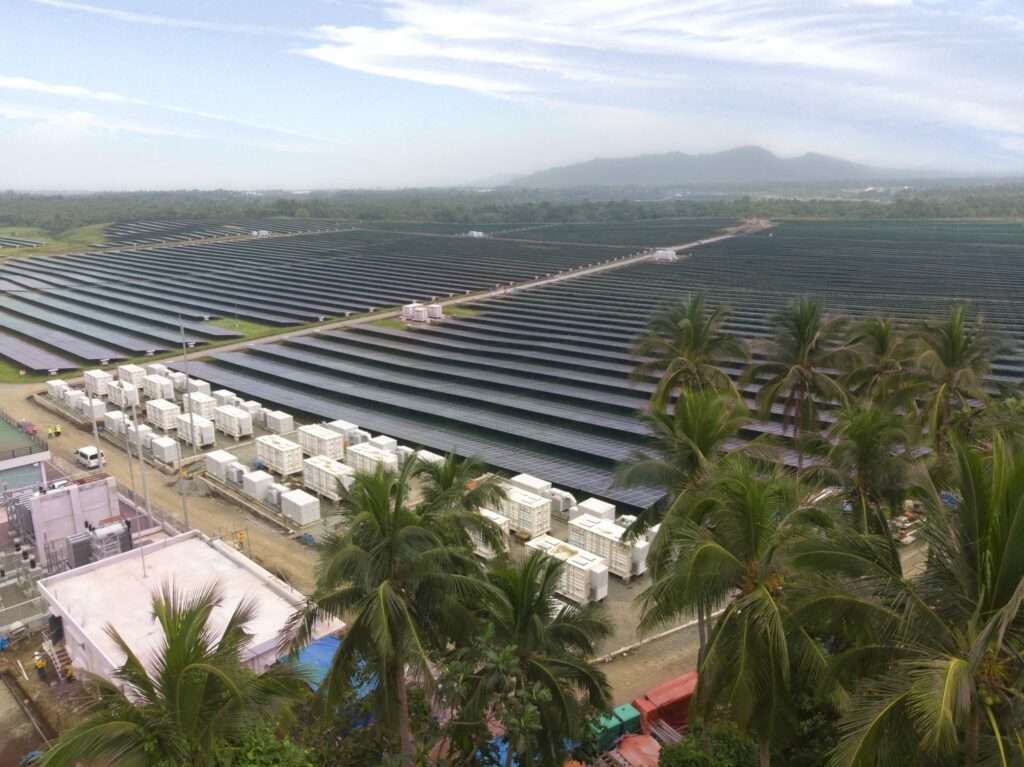
The World Bank’s International Finance Corporation (IFC) is taking part in a study to assess how technologies like solar-plus-storage hybrids can provide baseload power in the Philippines.
The IFC has partnered with Philippines integrated energy company AboitizPower Corporation to conduct the study jointly, looking at the mix of technologies which can help the country displace fossil fuels and reduce CO2 emissions.
The Philippines is targeting for renewables to make up 35% of the generation mix by 2030 and 50% by 2040. That equates to about 15GW of wind and solar by 2030. Currently about 15% of power is generated by renewables, but the big majority of that is hydroelectric and geothermal energy.
The study will include assessment of solar PV paired with battery storage, along with various other technologies and see how renewable generation can fit with the Philippines’ patterns of supply and demand and power needs.
Try Premium for just $1
- Full premium access for the first month at only $1
- Converts to an annual rate after 30 days unless cancelled
- Cancel anytime during the trial period
Premium Benefits
- Expert industry analysis and interviews
- Digital access to PV Tech Power journal
- Exclusive event discounts
Or get the full Premium subscription right away
Or continue reading this article for free
The country got its first-ever solar-plus-storage hybrid resources system just recently, with a 40MW/60MWh pilot battery energy storage system (BESS) project switched on at Alaminos Solar 120MW PV power plant by AC Energy, a subsidiary of Ayala Group.
For standalone energy storage meanwhile, another large integrated energy company, San Miguel Corporation, is building out a 1,000MW portfolio of assets working with system integrators and technology suppliers including Fluence, Wärtsilä and ABB.
AboitizPower is also building a handful of standalone BESS projects and the company said in mid-2021 that it views those as part of the foundation of a long-term growth strategy. AboitizPower said this as it committed to a moratorium on new coal power plant investments.
Those standalone assets are being built as one-hour duration systems which will perform ancillary services. A look at solar-plus-storage as baseload energy will likely mean examining longer duration energy storage from batteries or other technologies.
“Based on the country’s natural resources, climate, and geography, we look forward to learning more about how we can generate base load power that is technically and financially feasible as well as scalable,” AboitizPower president and CEO Emmanuel V Rubio said on the study with IFC, calling it a “significant step in mapping an effective climate action roadmap for the company”.
“Given its climate commitments, IFC is confident that renewables will offer a viable path forward for the Philippines,” IFC Asia-Pacific regional VP Alfonso Garcia Mora said.
“Harnessing cleaner and natural resources, including solar and wind, will enable the country to diversify its energy mix and improve energy security while also tackling climate change impacts.”





